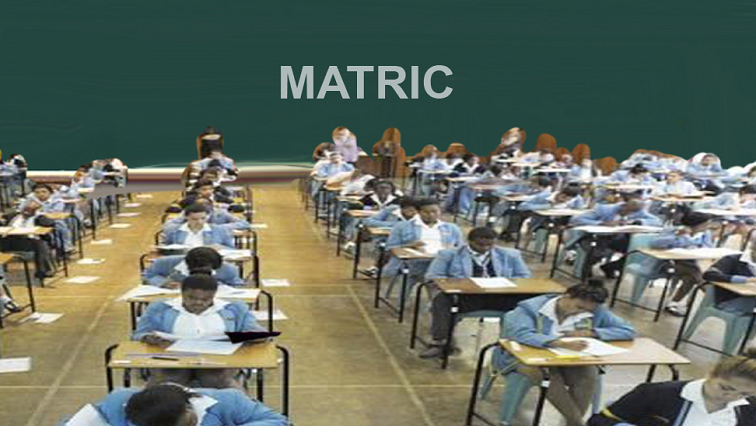The South African Depression and Anxiety Group (SADAG) has reiterated an impassioned plea to parents and guardians to communicate with young people who are anxiously awaiting their matric results.
The group says the uncertainty around the results could have a significant impact on people’s mental health.
The matric results are due to be released on Thursday, January 20.
SADAG Mental Health Counsellor Zinhle Mkrweqana says it is important to identify signs of emotional distress.
“The most important thing is just support and validation. If a child is not feeling well about themselves, that acknowledgement and validation helps them through it. If you skip the ‘I don’t feel good about my results’ or ‘ I am not happy’ then the depression comes in because you want to ignore it. So address those emotions like: how do you feel this way and how can we help support you. Then it is how can we apply and do other things. But the validation right now is what you feeling is ok and appropriate and equal to what is happening to you at that moment.”
Below is the full interview with SADAG Mental Health Counsellor Zinhle Mkrweqana:
EducationForAll
Meanwhile, the EducationForAll initiative has called on financially disadvantaged matric achievers to consider its portal to access quality higher education.
EdForAll says it delivers accredited internationally recognised certificate programmes for R500 per month to deserving students who come from financially disadvantaged backgrounds.
The online programme offers a number of courses to South Africans across the globe and provides a solution for those who do not qualify for limited national funding or bursaries.
The EdForAll Executive Director is Indherani Reddy says, “Anyone that comes from a financially disadvantaged background can apply. We have a credit vetting system to ensure that those who are financially disadvantaged quality for EdForAll. On average we are looking at a family income of around R10000. The courses are offered online so this makes accessibility global. Students can study from anywhere across the world. You pay a monthly portal fee of R500 to access your learning materials, watch lectures live or offline, submit your assignments and write exams for the duration of their studies.”


